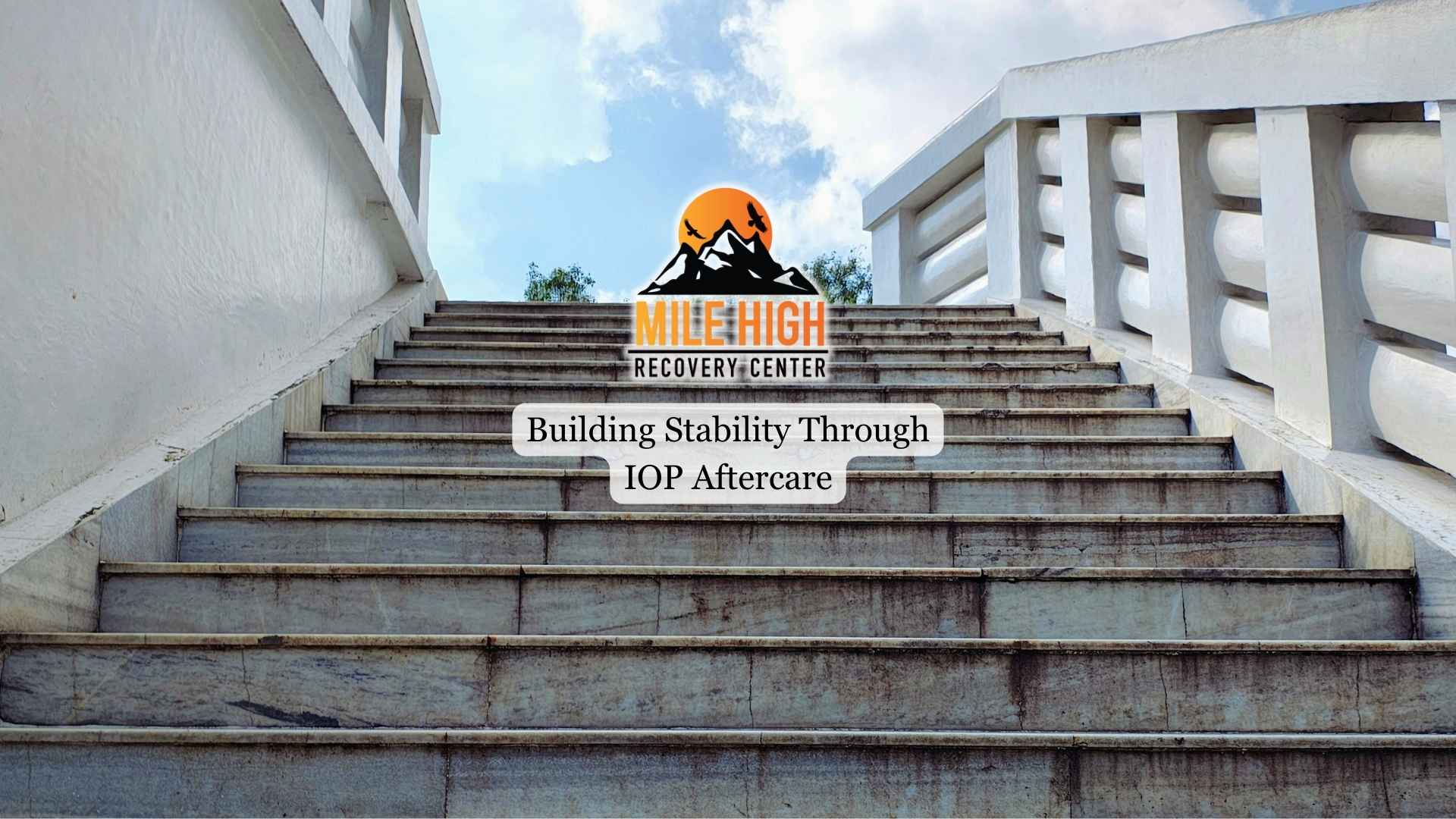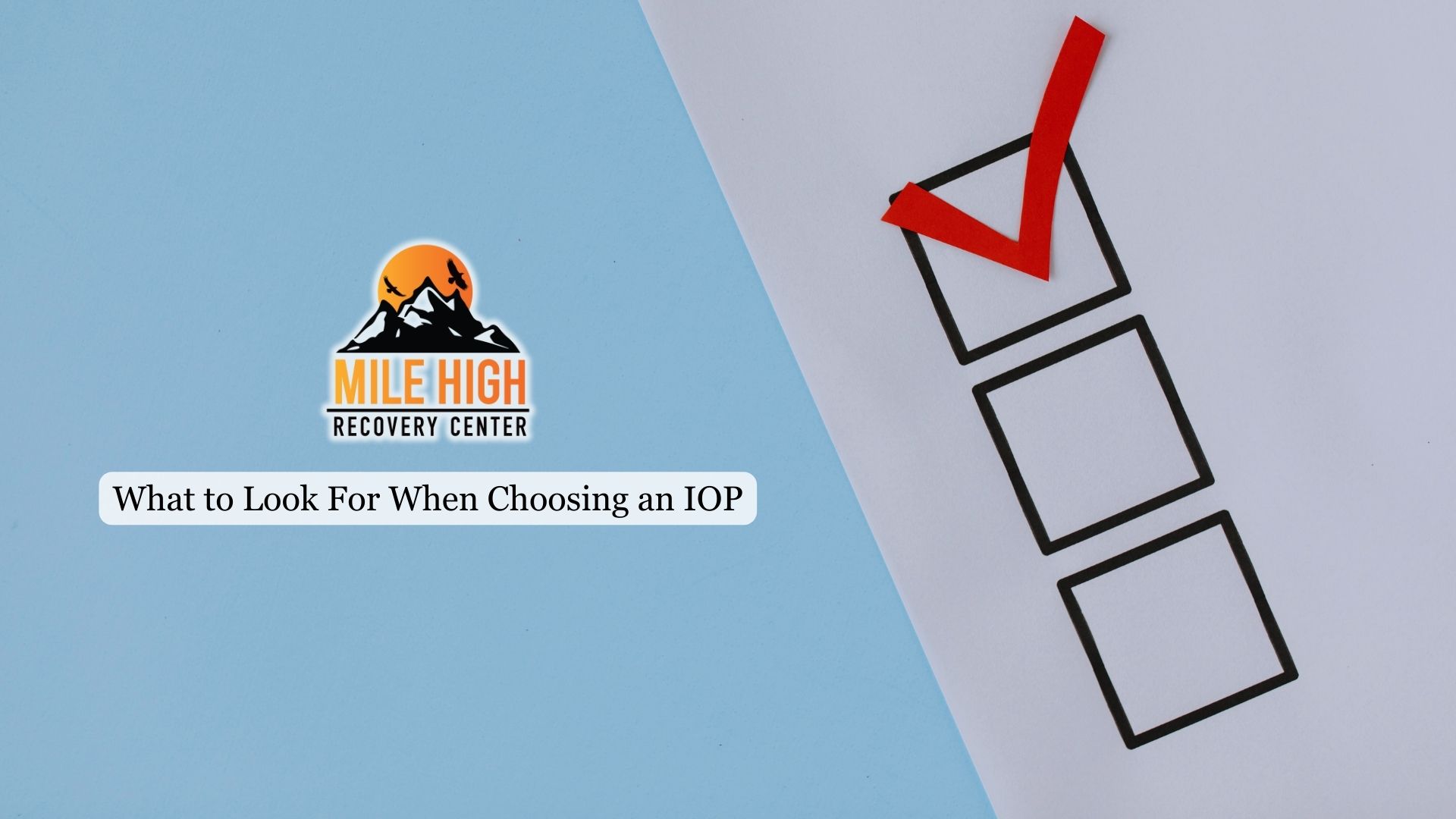Family conflict, miscommunication, and emotional distance can take a toll on even the most loving households. Whether caused by addiction, mental health issues, trauma, or everyday stress, these struggles affect the entire system.
In this article, we explore how family therapy works to rebuild relationships, strengthen bonds, and empower families to move forward with greater understanding and support.

Understanding the Role of Family Therapy
This therapy is a specialized approach that focuses on improving strained relationships. It is based on the idea that the family is a system—when one member is affected, it impacts everyone. It provides a structured environment where issues can be addressed openly and safely. This approach creates a space for loved ones to express emotions, identify harmful patterns, and learn healthier ways to communicate and support each other.
For families dealing with addiction, this structure is especially important. Substance use often introduces secrecy, blame, and mistrust into the household. A therapist helps identify these patterns and guides everyone toward healthier coping strategies. Addressing addiction as a shared challenge, rather than an individual failing, is essential for collective healing.
Family Therapy Creates a Safe Space to Rebuild Trust
One of the most significant ways therapy helps is by creating a safe, neutral environment where each member can speak openly. A licensed marriage and family therapist facilitates these sessions, ensuring everyone feels heard without judgment. This structure is especially helpful when emotions run high or when past conflicts make it difficult for each one to communicate effectively on their own.
In a typical session, the therapist helps identify recurring patterns that impact the group. By guiding conversations and encouraging reflection, it provides a space for each member of the household to express emotions, experiences, and unmet needs. This open communication fosters empathy and understanding, both of which are essential for rebuilding trust.
Resolving Conflict Through Guided Techniques
Another way this approach strengthens relationships is by teaching practical conflict resolution techniques. Through models like strategic or structural family therapy, professionals guide all participants through structured interactions that reveal the underlying causes of conflict.
Instead of placing blame, it focuses on shared responsibility and proactive problem-solving. This collaborative approach empowers families to handle disagreements with more respect and less emotional volatility. As therapy sessions progress, each one becomes better equipped to manage future conflicts, creating a more resilient and supportive household dynamic.
Defining Roles and Boundaries Within the Family
The role of this therapy goes beyond communication—it also helps clarify roles, responsibilities, and boundaries. Misunderstood roles or unhealthy boundaries often contribute to dysfunction. A family therapist assists parents and children in redefining these areas to meet the unique needs of each one.
Addiction can cause shifts in household dynamics—children may take on adult responsibilities, or certain members may feel pushed aside. When each one understands their roles and limitations, it reduces confusion and power struggles. This clarity leads to more balanced interactions and a greater sense of mutual respect. In blended families, for example, this therapy can help family members learn and navigate complex relationships and form new, healthy patterns of connection.

Strengthening Bonds Through Emotional Connection
A core goal of family therapy is strengthening emotional bonds. By allowing your loved ones to express vulnerable feelings and listen with empathy, therapy provides and fosters deeper connections. Narrative therapy is one effective technique that allows individuals to reframe their stories and feel validated.
When they feel understood and supported, they are more likely to engage positively with each other. This emotional closeness contributes to rebuilding relationships and maintaining long-term connections. Over time, the entire family unit begins to function more cohesively and with greater compassion.
Practicing New Habits for Long-Term Change
Finally, it provides more than a temporary fix—it creates lasting transformation. Sessions typically involve regular meetings that build on prior progress. These consistent sessions reinforce new behaviors and improve family dynamics over time.
The long-term benefits of this approach include improved communication, reduced conflict, and increased emotional resilience. Family Therapy can help to adapt to change, support one another during setbacks, and maintain stronger relationships among family members. For those dealing with addiction recovery, this consistency helps prevent relapse and supports sustained healing across the entire system.
Techniques Used in Family Therapy Sessions
Family therapy sessions typically include a combination of individual reflections and joint exercises. Techniques used may vary, but commonly include:
- Communication skill-building
- Role-playing scenarios
- Reframing negative narratives
- Conflict resolution strategies
- Boundary-setting discussions
- Behavioral therapy to manage harmful habits
These intervention techniques help loved ones to identify destructive patterns, encourage each family member to express their needs, and practice more effective responses. Therapy involves all members of the family who are part of the conflict, ensuring that the root issues are fully addressed.
Final Thoughts from Mile High Recovery
Family therapy helps transform relationships by addressing emotional wounds, improving communication, and rebuilding trust. Through a structured approach and expert guidance, it can create a more connected, resilient, and supportive environment.
At Mile High Recovery, we recognize that addiction and mental health issues impact more than just the individual—they affect everyone. Our family therapy services in Denver, CO, are designed to support the entire system as they heal together. Our licensed therapists work to strengthen relationships among each member and guide the process of recovery with compassion, clarity, and proven therapeutic approaches.







